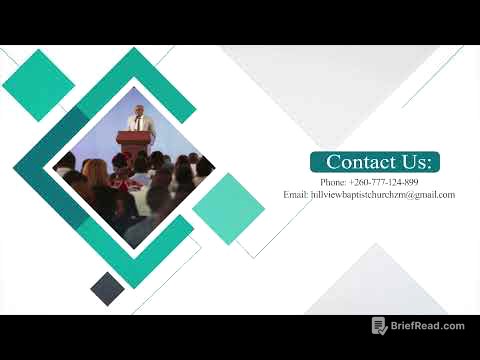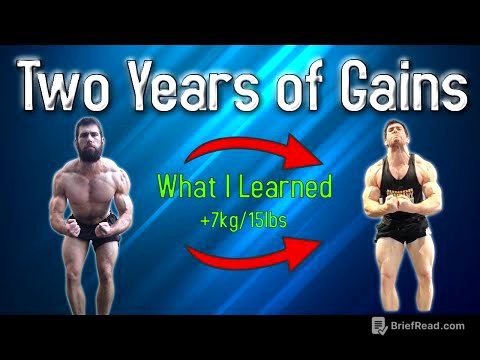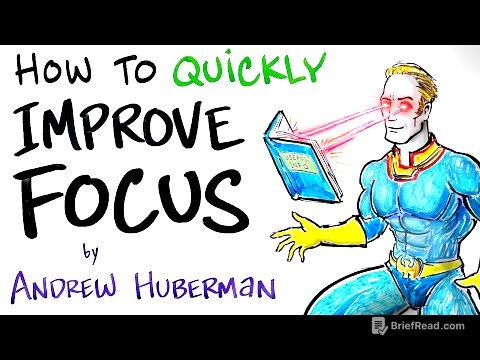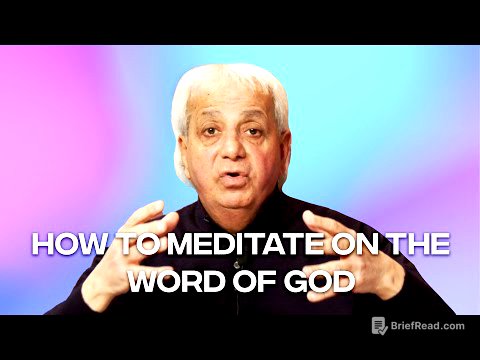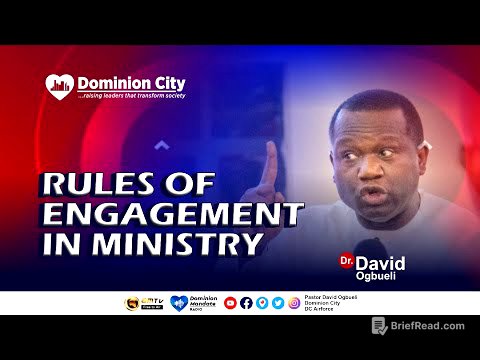TLDR;
Melissa Dougherty attends the Kenneth Copeland Southwest Believers Convention in Fort Worth, Texas, and shares her observations and experiences. She aims to provide a different perspective beyond a typical exposé, focusing on the unbiblical and potentially dangerous teachings of Kenneth Copeland and the broader Word of Faith movement. The video highlights common patterns among the speakers, including audience expectations, emphasis on the supernatural, discouragement of questioning, and the promotion of tithing for financial gain.
- The convention had an atmosphere of expected hype, with speakers encouraging enthusiastic responses.
- Speakers often shared personal stories and emphasised signs, wonders, and miracles.
- Questioning or doubting the teachings was discouraged, with critics labelled as unspiritual.
- Tithing was presented as a means to increase personal wealth, aligning with Prosperity Gospel beliefs.
Beginning of Day 1, Friday August 2nd 2024 [4:46]
Melissa travelled to Fort Worth, Texas, to attend the Kenneth Copeland Southwest Believers Convention. The convention was held at the Fort Worth Convention Center, which she found enormous. Upon arrival during a break, she explored the merchandise room and was surprised to see Copeland's original station wagon on display, symbolising their humble beginnings and prosperous journey. She spoke with a kind woman who held the Copelands in high esteem, viewing their success as a testament to God's blessings.
Common Pattern #1- Audience Expectations [12:14]
The environment at the convention created an expectation for attendees to become highly enthusiastic. Speakers often became very animated and expected the audience to respond in kind, with a sense of being "wrong" if one didn't participate in the hype. This reminded Melissa of her experience as part of the audience for America's Got Talent, where there was a deliberate effort to place the most enthusiastic people in prominent positions for the cameras. The Fort Worth Convention Center had a cricket problem, with crickets chirping throughout the conference, which Melissa found amusing. Many attendees, including younger individuals, were falling asleep during the sessions.
Common Pattern #2- The Supernatural [17:15]
Regardless of the speaker, there was a consistent emphasis on signs, wonders, miracles, health, and prosperity, often accompanied by extensive storytelling. Jesse Duplantis and Kenneth Copeland frequently shared grand narratives about health and wealth, which sometimes seemed random. While some good and biblical points were made, the messages generally remained superficial, lacking depth and focusing primarily on supernatural occurrences and prosperity.
Common Pattern #3- No Questioning or Doubting [19:09]
A recurring theme among the speakers was the discouragement of questioning or doubting, whether regarding healing or the teachings of Prosperity Gospel. This created an environment where people were hesitant to ask critical questions, fearing they would be labelled as having a critical or religious spirit. Keith Moore compared such questioning to the Pharisees challenging Jesus for healing on the Sabbath. This approach is common in the Word of Faith movement, where questioning the teacher or teachings is discouraged.
Common Pattern #4- The Tithing [21:40]
Although the conference was advertised as free, regular announcements were made about giving. At a Prosperity Gospel event, tithing is portrayed as a way to increase one's own wealth. According to Kenneth Copeland, giving financially leads to rewards and obedience to God, while not giving is seen as failing to do God's will. This created an environment where attendees might feel guilty if they didn't give, and many likely donated without critically assessing the returns.
Keith Moore [23:15]
Keith Moore spoke about Matthew 11:28, emphasising that Jesus's yoke is light and anything heavy is not from God. While some of his points were biblical, it seemed he implied that overwhelming challenges couldn't be from God. He focused on controlling thoughts, stating that any thought contradicting God's word should be aggressively dealt with. He said that God's thoughts and the enemy's thoughts are the difference between life and death. Critical thinking was portrayed as negative, with a default to positive thinking that could become toxic.
Jesse Duplantis [31:23]
Jesse Duplantis spoke about his wealth and why people shouldn't criticise it. He shared stories about his expensive purchases, such as a $65,000 ring, and asserted that wealthy people are drawn to him because of his smile. He criticised those who question his prosperity, framing himself as someone who wants to share his wealth. Melissa noted that Duplantis's talks followed a pattern of telling stories interspersed with Bible verses, creating a "look how awesome I am" sermon. She also discussed how Duplantis's offer to give money to other churches could be a strategic move to create alliances and ensure continued financial support for his ministry.
When "Debbie", the Kenneth Copeland Steamrolling Warrior Let Me Have It [39:45]
During a break, Melissa had a conversation with a woman named Debbie, who initially seemed friendly but became defensive and aggressive when Melissa mentioned her disagreement with Kenneth Copeland and the Word of Faith movement. Debbie insisted that Copeland's teachings were directly from the Bible and became argumentative, preventing Melissa from expressing her views. Melissa described Debbie as a "steamroller," unwilling to listen and focused on setting the record straight. Melissa explained how to handle steamrollers by remaining calm, politely pointing out interruptions, and being prepared to walk away. She concluded that people like Debbie are the reason Prosperity preachers remain wealthy.
Kenneth Copeland [47:09]
After the encounter with Debbie, Terry Copeland led an animated prayer for Kenneth Copeland, which made Melissa reflect on Copeland's health. She speculated that Kenneth and Gloria Copeland might be ill, though Copeland would likely deny it. During his sermon, Copeland's entrance was awkward, and his message seemed unprepared. He scolded people for not voting and boasted about the ministry's financial success. He denied preaching the American Prosperity Gospel but affirmed that he was extremely blessed and healthy. Melissa summarised Copeland's sermon as a series of unrelated stories, describing it as "preacher ADHD."
Saturday, August 3rd, and the Unsatisfactory "Healing "School. [53:25]
Melissa attended the "healing school" on Saturday, but it was delayed and underwhelming. The event was mostly filled with random stories and Bible verses, with a brief segment at the end featuring people claiming to have been healed. Melissa found these claims unconvincing, especially when young children were brought out to share stories of emotional healing. While she believes in divine healing, she felt the conference prioritised emotional appeal over biblical perspective. She also noted that similar healing stories exist outside of Christianity, raising questions about the source and validity of such testimonies.

